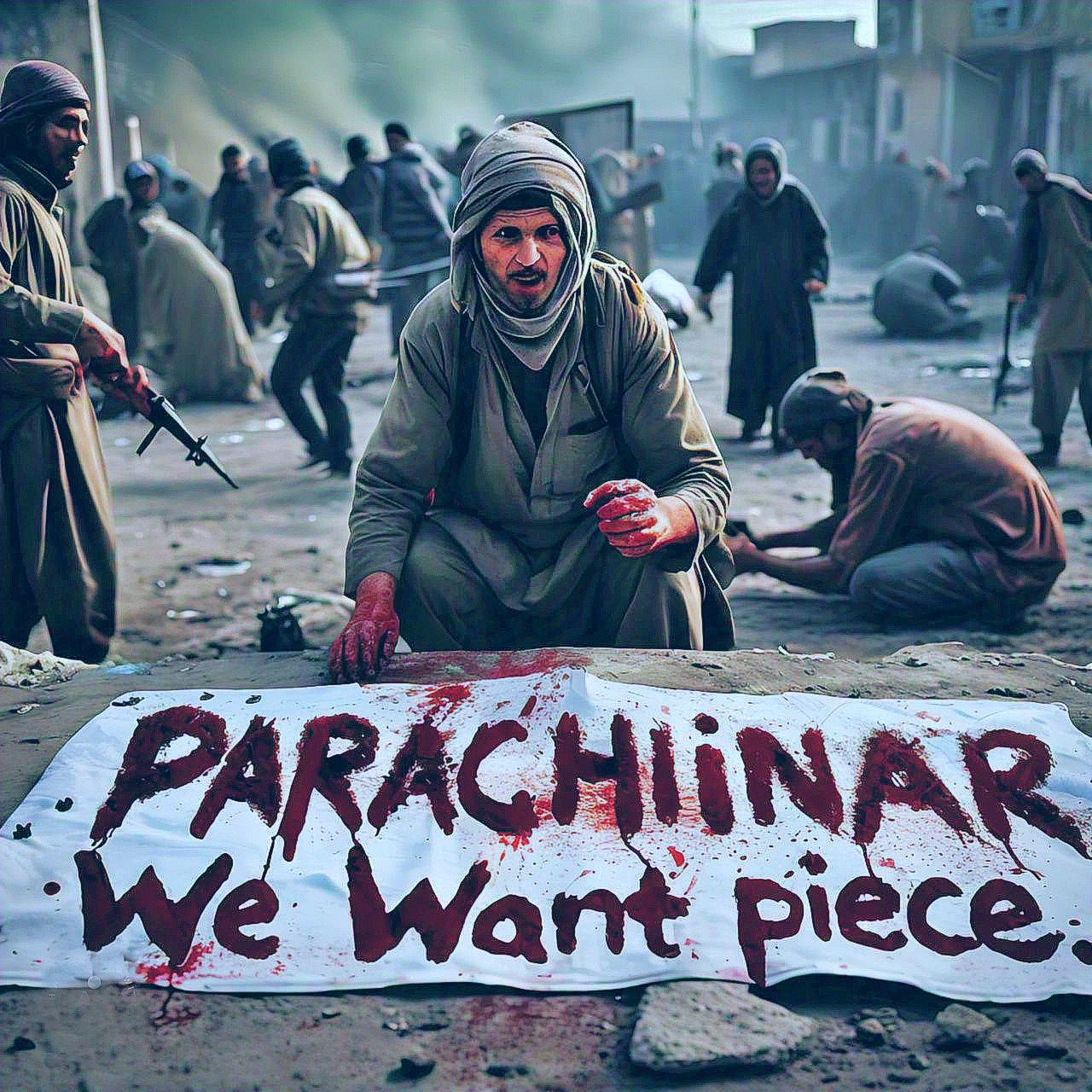By Khalid Khan
Peshawar, Pakistan: The siege of Parachinar has entered its 87th day, plunging the region into a humanitarian crisis as severe shortages of food and medicine persist. The ongoing blockade has left the local population—comprising both Sunni and Shia communities—struggling for survival. Reports confirm that 113 children have tragically lost their lives due to a lack of medical supplies, underscoring the urgency of immediate intervention.
While both sects faced hardships, tensions were initially escalated by the Shia community, which waged a conflict over disputed land demarcation. The issue, primarily territorial, has since been framed as a sectarian divide, further inflaming disunity across the country. Protesters argue that the Shia groups are attempting to portray the conflict as a Sunni-Shia struggle nationwide, risking broader unrest. Meanwhile, the Sunni community has largely remained silent, reflecting the complexity of the situation.
Protests against the blockade continue across Pakistan, with a major sit-in at the Peshawar Press Club entering its second day. Demonstrators, including people from diverse backgrounds and schools of thought, have voiced solidarity with the besieged tribes of Kurram District.
Despite the Pakistan Army’s ongoing counterterrorism efforts and sacrifices to stabilize the region, both the central and Khyber Pakhtunkhwa (KP) governments have been criticized for failing to address the crisis. The KP administration, in particular, has faced sharp criticism for its lack of action, leaving residents vulnerable to militant threats and worsening humanitarian conditions.
Protesters have demanded the immediate restoration of safety along the Thall-Parachinar Road—an essential supply route—as well as concrete measures to resolve the territorial dispute fueling the unrest. They have called on political leaders, parliamentarians, and human rights organizations to rise above sectarian narratives and focus on securing peace and stability.

Observers argue that the Pakistan Army has been burdened with fighting battles on multiple fronts, from counterterrorism to disaster response, while civilian authorities have abdicated their responsibilities. Protesters emphasized that the KP government’s inaction has not only worsened the crisis but also undermined national unity at a time when collective efforts are needed to maintain peace.
Protesters vowed to continue their sit-ins until the blockade is lifted, humanitarian aid reaches Parachinar, and long-term solutions for security and peace are established. They stressed that the crisis must be treated as a governance failure rather than a sectarian conflict to avoid further divisions and instability in the country.
